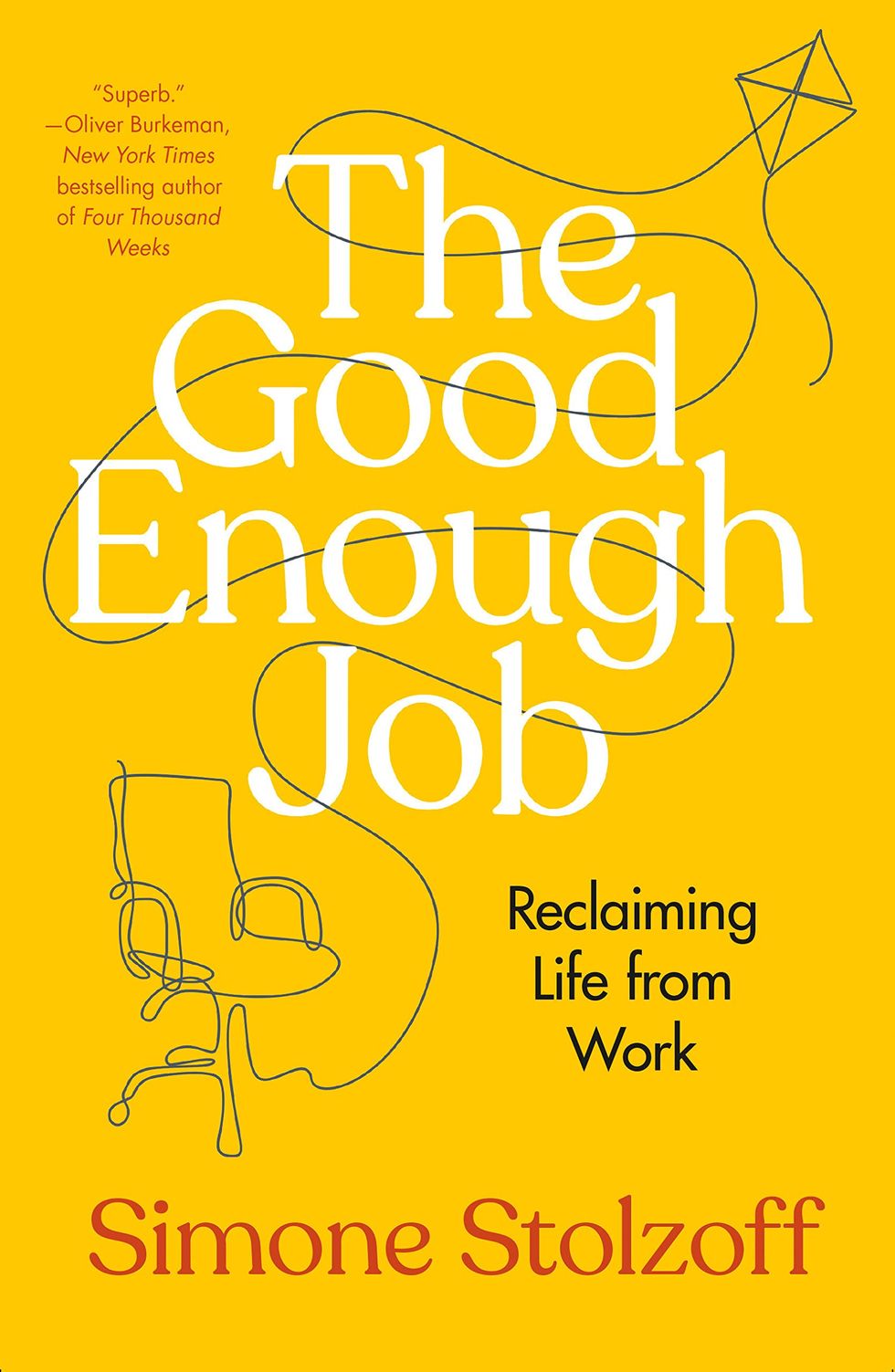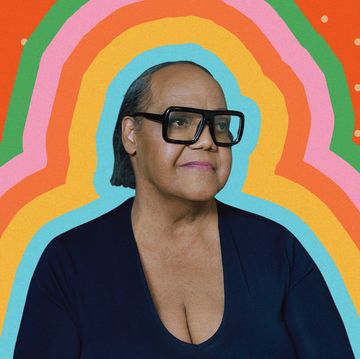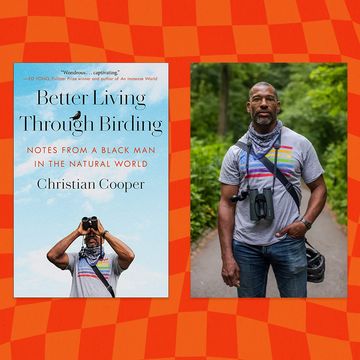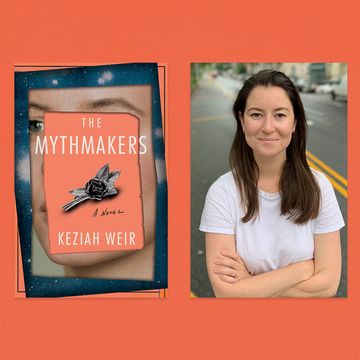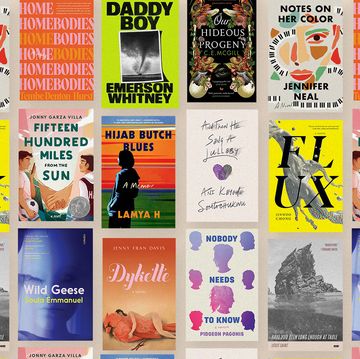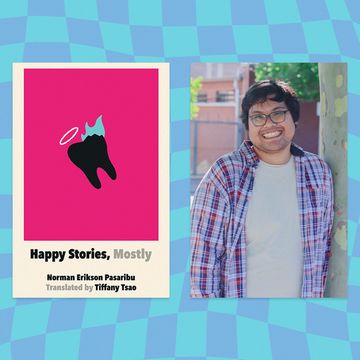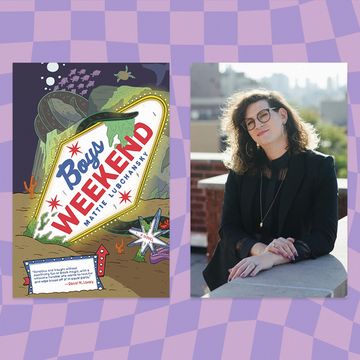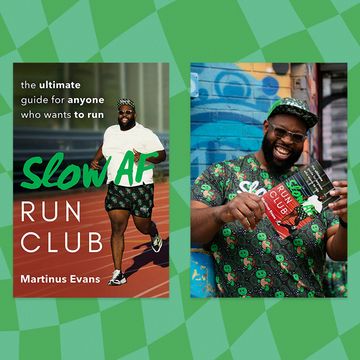When he was young, John Lennon was given an assignment that asked him what he wanted to be when he grew up. He wrote down “happy.” He was told by his teacher that he didn’t understand the assignment. In response, he told them that they didn’t understand life. Unlike Lennon, many of us would have responded with a career choice, such as a teacher, doctor, or athlete, as we have been conditioned to associate our identity with our profession from a young age. Lennon’s response prioritized his state of being rather than tying his identity to a job.
Living in a capitalistic society, there can be an ingrained mentality for us to constantly produce. There’s a culture of “workism” that makes us believe that our identity is tied to our jobs, leading to a work-obsessed mindset, according to experts. We are often bombarded with motivational content that encourages us to increase productivity at work to achieve success, and we’d better work nonstop if we want to be billionaires, who are often regarded as the pinnacle of success in American society. Busyness can be emphasized so much that it can become difficult to maintain a life outside of work.
It raises the question of what quality of life can be achieved when one’s entire day is consumed by work. The consequences of a work-obsessed mindset are evident in the alarming rates of mental health issues and burnout among employees. According to the American Psychological Association’s 2021 Work and Well-Being survey, nearly three in five employees reported feeling burned out, which is associated with depression and other mental health challenges. This highlights the impact that the imbalance between work and personal well-being can have on us.
In a work-obsessed culture, many of us are losing our sense of self without realizing it. That was the case for author Simone Stolzoff, as he explains in his new book, The Good Enough Job: Reclaiming Life From Work. Stolzoff reflects on the existential crisis he faced when transitioning from a career in journalism to working at a design firm. In an interview with Shondaland, he candidly shares, “I had invested so much of my identity in being a journalist that the inner turmoil I experienced while switching industries made me question how work had become such a defining aspect of who I am.” In his book, Stolzoff addresses the pervasive issue of overworking and the relentless hustle mentality that depletes us and consumes our identities. He encourages us to reevaluate the role of work in our lives and challenges us to consider what constitutes a “good enough” job without sacrificing our sense of self in its pursuit.
As Stolzoff explains, there are factors contributing to the pervasive dominance of work in the lives of average Americans. One significant factor is the economy. The cost of living continues to rise, while salaries fail to keep up or remain stagnant. Consequently, individuals are forced to take on multiple jobs or engage in side hustles to meet their financial needs. According to Nasdaq, one in three Americans has a side hustle to adequately provide for themselves. Unfortunately, this leaves them with little time to attend to other aspects of life beyond work.
In addition, the American work ideology sets us apart from other capitalist nations. The American work ethic often portrays work as a primary source of personal fulfillment and meaning, while people in many other countries adopt a more balanced approach that doesn’t solely revolve around work as a source of identity and purpose. For instance, countries such as Denmark, Finland, and Switzerland, which consistently rank high on the World’s Happiness Report, place an emphasis on a work-life balance that allows people to focus more on leisure than work, leading to a better quality of life. These people are also more resilient and can maintain happiness during hard economic times because their identity isn’t wrapped up in their work, according to a 2019 study in The Journal of Positive Psychology.
In a culture deeply entrenched in the hustle-and-grind mentality, it’s no surprise that many of Americans’ conversations revolve around work. Consider how frequently work becomes a topic of discussion in social settings. It’s often one of the first questions asked when meeting a stranger or catching up with friends. While asking about someone’s job is not inherently negative, it places an undue emphasis on work as the defining aspect of our identities, leaving little room to dissociate, experts say.
Having conversations about our jobs can be a reminder of the impact we make, but it becomes problematic when work becomes our sole source of meaning and fulfillment, according to Stolzoff. “When we expect work to self-actualize — to constantly motivate and fulfill us — settling for anything less can feel like a failure,” he explains. Studies have demonstrated that individuals who strongly tie their identities to work are particularly affected when they lose their jobs. Beyond the concerns of financial stability and health care, they also have to wrestle with redefining themselves and assessing their self-worth while unemployed.
Megan, one of the people interviewed for The Good Enough Job, faced this issue of self-identity after two decades of working in journalism and moving up the corporate ladder. Her friends and life outside of work were associated with journalism, so when she quit due to burnout, she had a difficult transition. Speaking to Stolzoff, Megan said, “I’ve always defined myself by my work, which means this transition has been far harder than I ever expected. I’m flailing because I don’t know who I am.” These sentiments resonate with many individuals currently facing similar circumstances, particularly in light of recent layoffs that have impacted employees across industries. The uncertainty and emotional impact of losing a job that has defined someone’s identity can be a huge loss.
Work is an inherent part of the human experience and is needed for a productive society, according to experts. However, many believe that the current work system is increasingly unsustainable. Many people realized that when a record-breaking number of 47 million people quit their jobs, now called “the Great Resignation,” in 2021. A major part of it is due to people reevaluating their work-life balance, particularly after reflecting on the meaning of life during the pandemic. Beyoncé’s viral song “Break My Soul” was another call for people to quit life-draining positions and attend to things that bring them joy.
“To define a sense of self-worth from our work, we must first develop a self that no boss or job title or market has the power to change,” Stolzoff says. By doing so, we can mitigate the impact of job loss and derive meaning from other aspects of our lives. While it is possible to take pride in and feel passionate about our jobs, it should not be to the extent that losing them equates to losing our entire sense of self, Stolzoff argues. This involves cultivating friendships outside of work, engaging in hobbies and activities for their own sake rather than solely for monetary gain, and allowing ourselves moments of rest and stillness, recognizing that we are more than our work. In the wise words of Toni Morrison’s father in the book, we can strive to “Go to work. Get your money. Come on home.”
It’s worth mentioning that not everyone has the privilege or financial standing to quit toxic jobs or prioritize self-care over work. When people struggle to make ends meet and are focused on survival, it’s difficult to separate their identity from work and allocate time and energy to other aspects of life, Stolzoff says. This issue goes beyond individual actions and calls for systemic changes. We need job opportunities that can provide sustainable livelihoods, fair wages, and reasonable working hours.The Good Enough Job tells us that by fostering a healthier work-life balance and valuing leisure, we can create a more inclusive and fulfilling life for everyone.
Oyinda Bamgbola is a Nigerian-born freelance writer whose work has been featured in Byrdie, Blavity, and Medium. She can talk for hours about her favorite TV shows. You can find her on Twitter and Instagram.
Get Shondaland directly in your inbox: SUBSCRIBE TODAY

